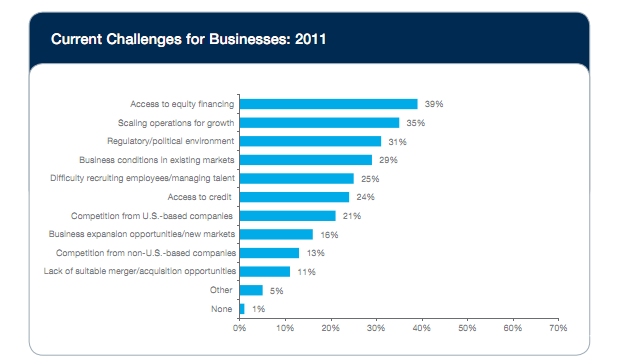Washington, DC –On May 10th the Government Oversight and Reform committee is meeting to discuss Capital Formation and Investor Protection. Namely, they are meeting to review aspects of our country’s securities laws that inhibit capital formation. One of the most important aspects of the meeting will focus on access to capital for startups and community-based businesses.
Sherwood Neiss a Small Business and Entrepreneurship Council member in conjunction with SBEC’s President, Karen Kerrigan, crafted a framework called Crowd Fund Investing (CFI) that was presented to the SEC for review and is building support among Americans.
Even though Crowd Fund Investing (CFI) is taking place in the U.K., Holland, India & China, in the U.S. it is not permitted because it breaks the Security & Exchanges’ accreditation and solicitation rules. According to Neiss, “These rules were written at a time when only 4% of Americans invested in the markets. Today we have technology that has leveled the playing field and increased investor sophistication making these rules outdated.†Continue reading




